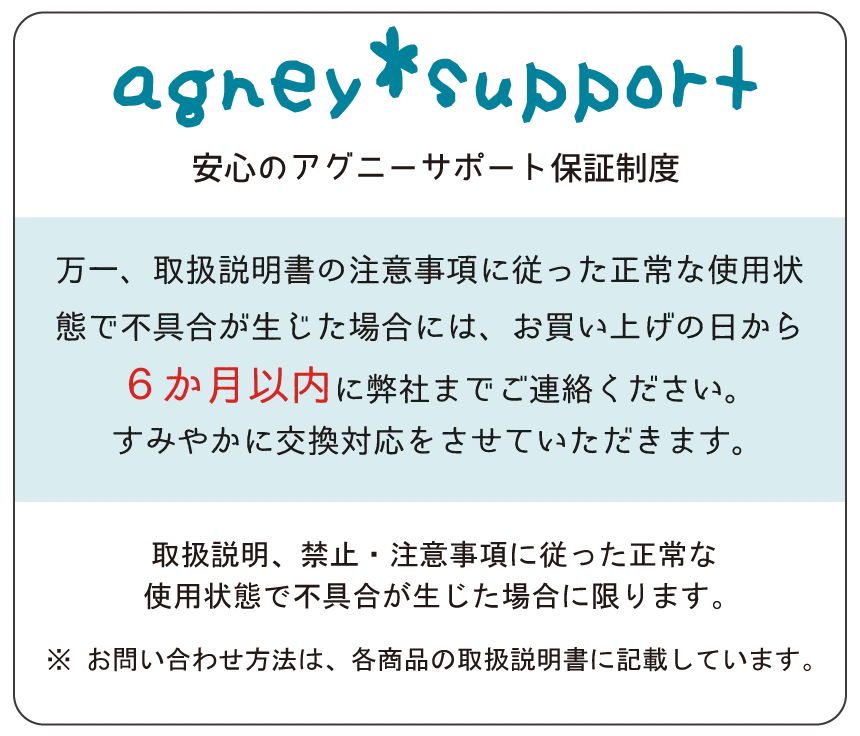Recently, many people have been hearing the term "food education." Parents raising children may have the impression that "food education is for children." However, in reality, "food education" is not just for small children.
Food and cooking are essential to life. Food education helps people acquire the knowledge they need about food at each stage of life, enriching their lives.
Here, we will explain the basics of "food education" for those who are interested in food education but don't really understand its meaning, or who want to know how to get food education. Learn the meaning and significance of "food education" and take the first step to enriching your life and that of your children.
Do you know what "food education" is?
First, let's confirm the definition of "food education." According to the "Food Education White Paper 2018 Edition" published by the Ministry of Agriculture, Forestry and Fisheries, the "Food Education Basic Act" that came into effect in 2005 defines "food education" as follows:
"To develop people who are able to acquire knowledge about food and the ability to make food choices through a variety of experiences, as well as to realize healthy eating habits, as a fundamental part of life and the foundation of intellectual, moral and physical education."
Source: Ministry of Agriculture, Forestry and Fisheries "Food Education White Paper 2018 Edition"
What's important here is that the target audience is not limited to children. There is food knowledge that should be known at each stage of life, from infancy, school age, adolescence, adulthood, and old age. The purpose of food education is to acquire this knowledge at the appropriate time and make food choices that will lead to a richer life.
When you think about it that way, food education is a fundamental thing that should be learned across generations.
Why childhood diet is important

While food education is important at each stage of life, the reason why eating habits during childhood are considered so important is the existence of the Basic Law on Food Education, which places emphasis on food education during this period.
In recent years, lifestyles have changed dramatically, and eating out and purchasing processed foods has increased, leading to an unbalanced diet and poor eating habits. In this context, it is hoped that learning the joy of eating and being grateful for eating during childhood will be the key to passing on regular and healthy eating habits to the next generation.
During this period, accumulating experiences such as "eating a nutritious breakfast" and "eating meals at the table with the family" will form the foundation for future eating habits and develop physical and mental health, leading to the development of better-rounded people.
With this in mind, it would be desirable for not only children but also fathers, mothers, grandparents, and others to think about children's nutrition together.
Cultivate eating skills and connect them to the ability to live
So what does it mean to "gain knowledge about food"? It means to "learn the meaning of the act of 'eating', which continues throughout one's life, and to expand the opportunities for putting this knowledge into practice."
Specifically, this refers to the following:
What to eat and in what balance
What foods are nutritious?
How does food get to you?
What foods are in season?
What are the distinctive foods of each region?
By practicing these methods, you will gain the ability to choose a balanced diet. This ability to eat will lead to the ability to live in today's increasingly diverse society.
I think everyone has the wish to "gain the ability to survive in today's diversifying society" and "create a healthier and brighter future." When we think about the future of our precious children, it is important to know about "food education."
summary

・"Food education" is not just for children
・There is information about "food" that you should know for each life stage.
・The first step in "food education" is to learn the joy of eating and to be grateful for the food you eat.
- Early childhood experiences such as "eating breakfast" and "eating at the table with family" shape healthy eating habits later in life.
・The key to gaining the "power to live" in today's diversifying society is to develop the "power to eat"
・When we think about the future of our precious children, the importance of "food education" becomes clear.
Modern eating habits are facing a mountain of challenges. For example, we are increasingly hearing about the rise in obesity and lifestyle-related diseases, as well as problems such as overeating, anorexia, and selective eating. In this environment, the desire for children to "live vibrant lives" and "maintain physical and mental health" has led to interest in "food education."
Through nutrition education in early childhood, we can help children acquire the "zest for life" and set themselves up for a brighter, healthier future.
agney* tableware makes mealtimes more enjoyable
The power to eat is the power to live.
Create lots of delicious memories with agney*'s natural and cute tableware!




